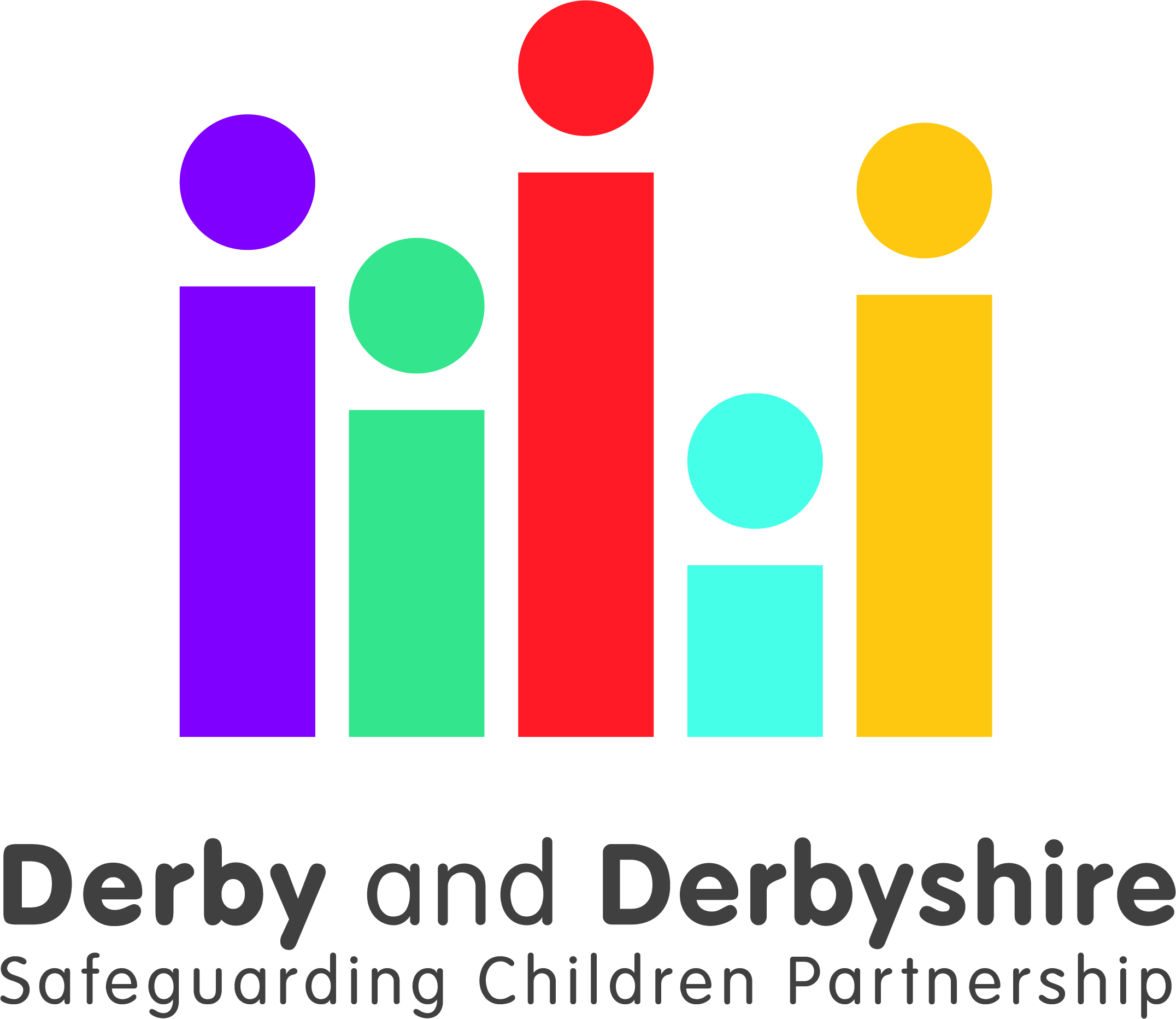Parents and Carers who have mental health needs
Safeguarding children where parents or carers have mental health needs
The majority of parents who suffer mental ill health are able to care for and safeguard their children and/or unborn child without additional services. However in some cases, significant, enduring and/or severe parental mental ill health will seriously affect the safety, health and development of children.
In other cases, the period of ill health may be transient or episodic and the illness maybe influenced by circumstances. The adult may also have links with other services. In some cases the parent may not see themselves as being mentally ill and this will require practitioners to be particularly sensitive in their approach when working with the family.
The adverse effects on children of parental mental health are less likely when parental problems are mild, last only a short time and are not associated with family conflict. The effects are also less when parents have insight and understanding of the potential impact and take steps to reduce them. Children may also be protected when the other parent or a family member can respond to the child's needs, understand the problems and explain them to the children.
The adverse impact on the child's welfare increases when:
- The parent becomes so pre-occupied by their own needs that they cannot empathise with the child in the usual way;
- When the child features in the adult's delusions;
- Other risk factors such as substance misuse and/or domestic abuse are also present.
In all cases it is important that practitioners from children’s agencies and adult agencies work together using a Think Family approach to ensure the needs of the child and parent are considered. At all times the welfare of the child remains paramount.
What should I do if I have concerns about parental health?
If you are concerned about parental mental health and its impact on a child you can find more information in the Derby and Derbyshire Safeguarding Children Procedures.
Always discuss your concerns with the senior person in your organisation who is responsible for safeguarding and child protection.
Practitioners in children’s and adults services must proactively work together to ensure there is a full understanding of the parents needs and the potential impact of this on their ability to care for their baby or child.
If you are a young person, parent or carer, you can contact Children's Social Care to discuss your concerns.
Pregnant women who may have mental health needs
Any concerns about the pregnant woman’s mental health (or her partner’s) should be raised with the midwife or GP. It is important to assess the needs and give support to parents with mental health needs as early as possible. Close liaison between Midwifery Services and Children's and Adults Services should ensure that Early Help Assessments or Social Care pre-birth assessments are undertaken.
If you are concerned about the impact of mental health on a pregnant woman, use the Multi-Agency Protocol for Pre-birth Assessments and Interventions to make sure the right action is taken at the right time.
Research by the NSPCC sets out the evidence to examine:
- the causes and consequences of infant abuse and neglect
- and effective and promising interventions during pregnancy and the baby’s first year.
The report includes new analysis into the number of babies under 1 year who are affected by parental substance misuse, mental illness and domestic abuse which are all important risk factors for abuse and neglect.
Further information
Derby and Derbyshire Emotional Wellbeing
The emotional health and wellbeing signposting website for Derby and Derbyshire contains local and national links and resources updated regularly. You can use the search bar on the website to access specific training as well as resources.
The Royal College of Psychiatrists have produced some useful information for parents, carers and anyone who works with young people about parental mental illness and the impact on children and adolescences.
NSPCC Parents with a mental health problem; learning from case reviews - a summary of risk factors and learning for improved practice around parental mental health and child welfare.









